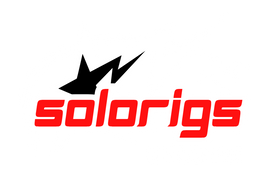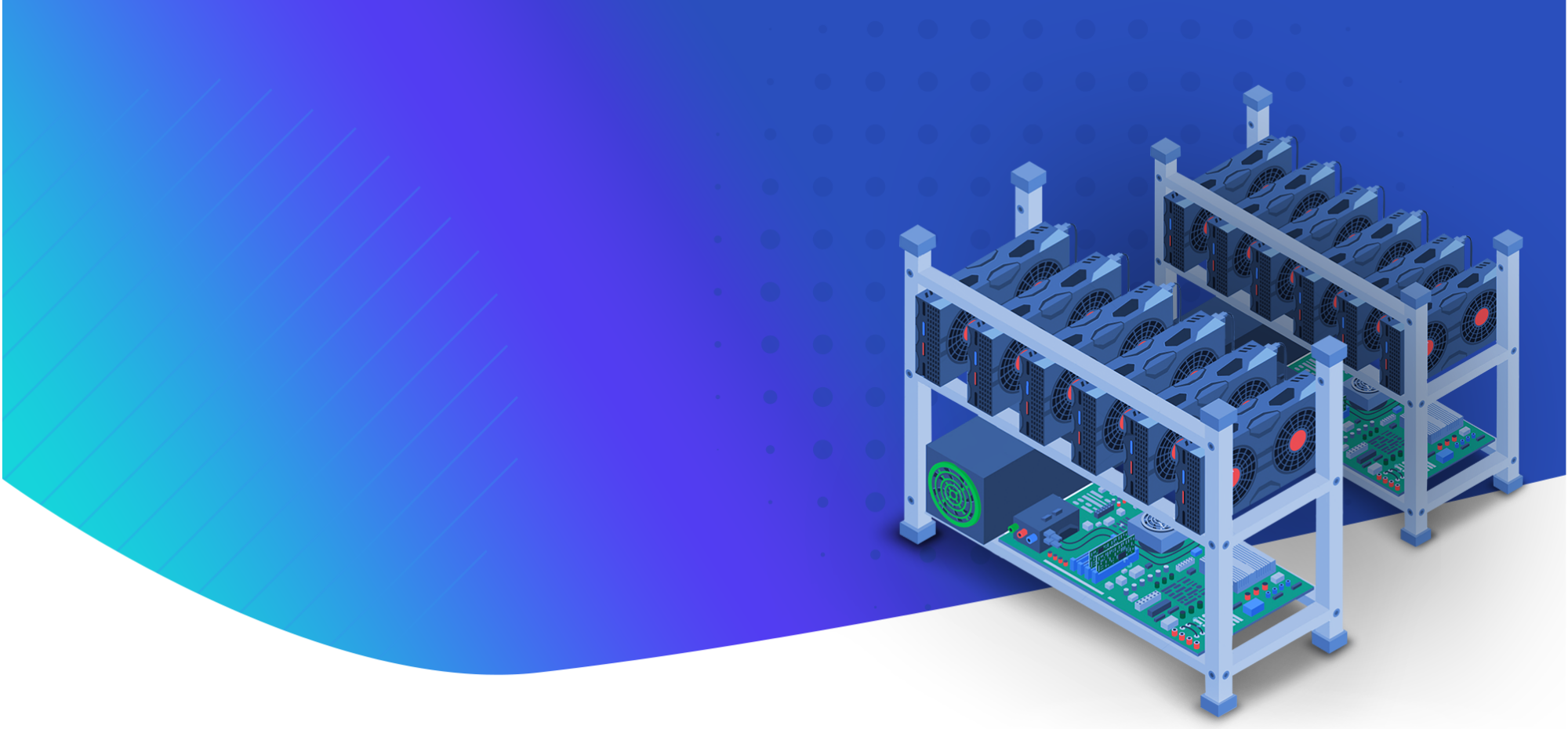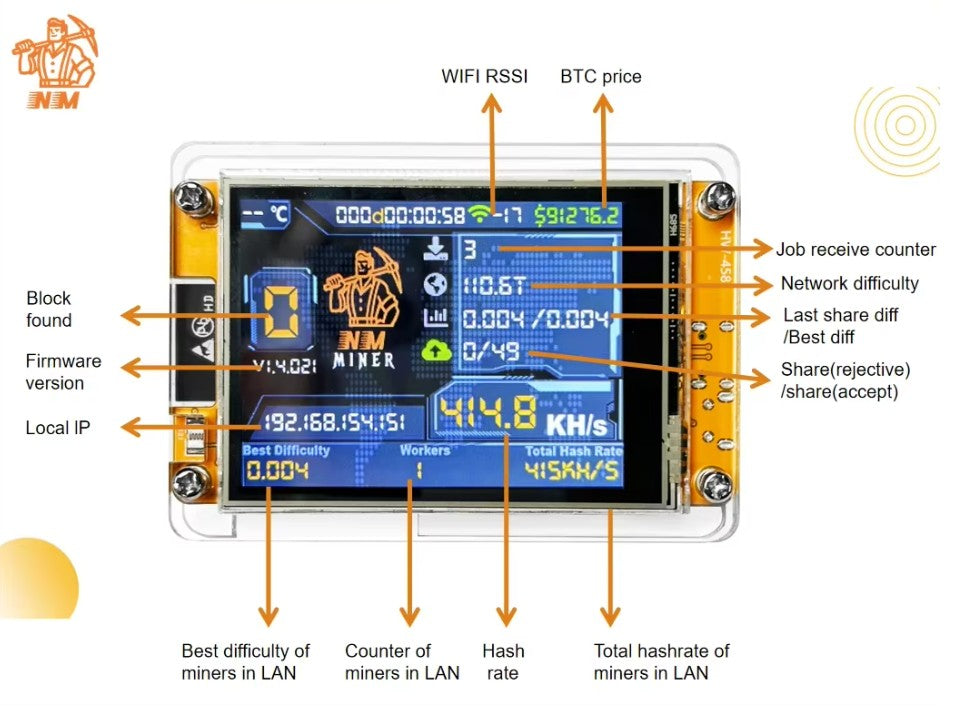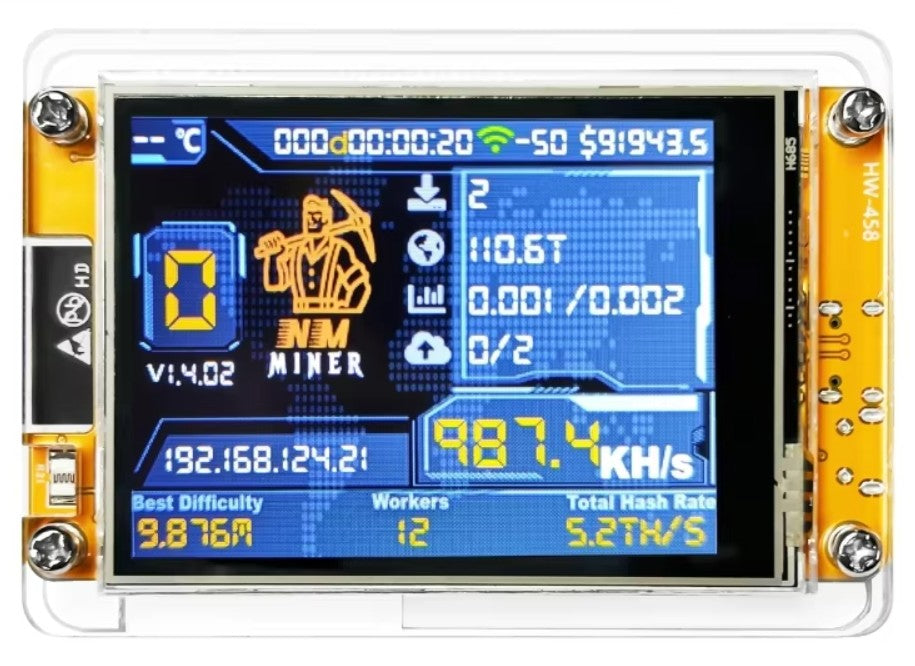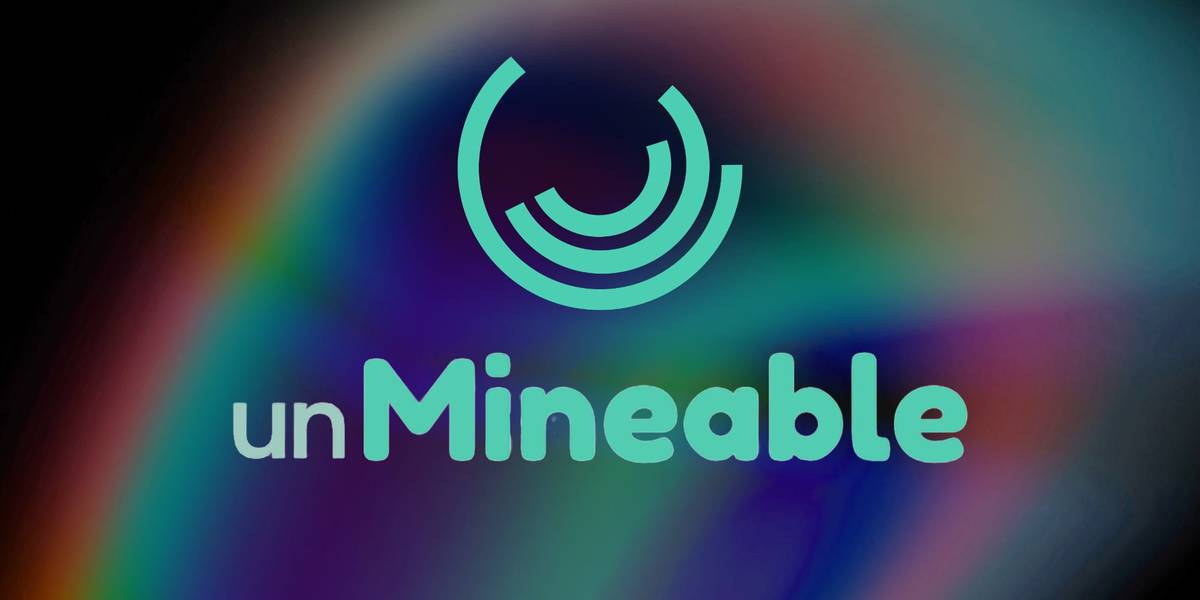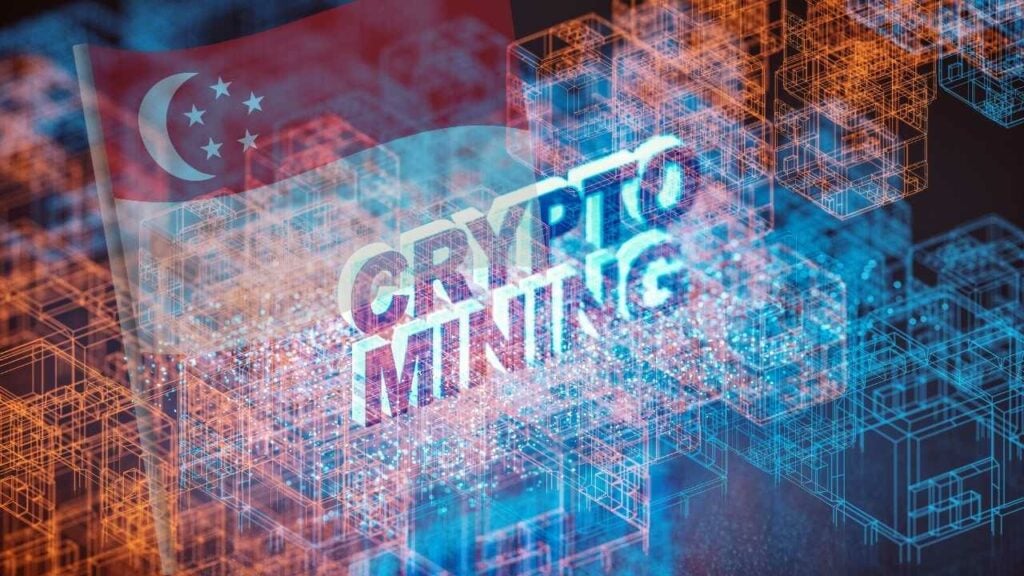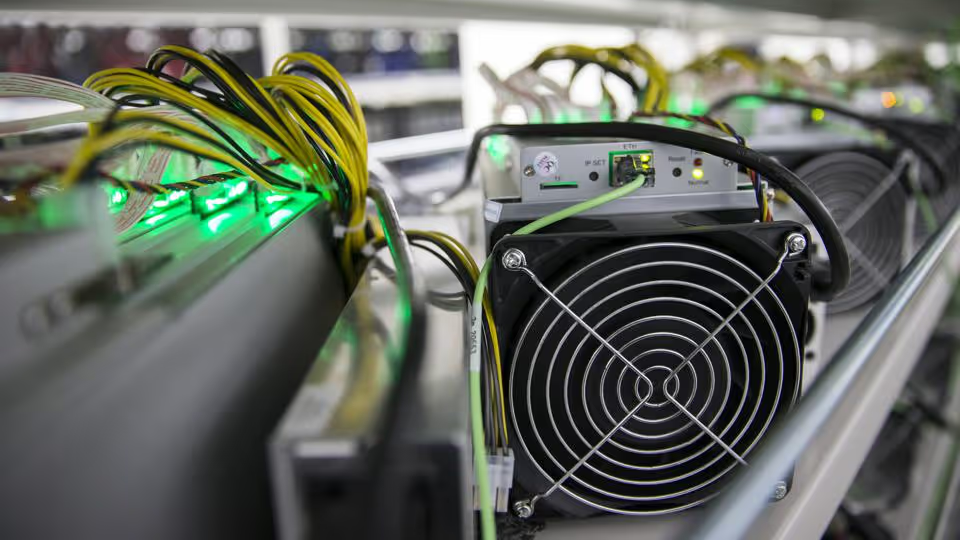Singapore & Asia’s Home for Solo Miners
At SoloRigs.com, you’re not just a customer — you’re part of the family.
We empower you to mine Bitcoin independently, directly, and proudly from home.
⚡ Real solo mining.
💎 Real rewards.
🤝 Real community.
Join the solo mining movement across Singapore and Asia — because block rewards should belong to you, not the pool.
SOLO RIGS
















👷 Who Are Crypto Miners?
Crypto miners are people who use computers to help run and secure blockchains like Bitcoin. In return, they get rewarded with cryptocurrency. Some run big data centers — others mine quietly from home using small, energy-efficient devices.
At SoloRigs, we support the solo miners — everyday people who believe in decentralisation, innovation, and mining their own destiny.
SHOP NOW
Only The Best
Frequently Asked Question
Cryptocurrency mining is the process of verifying and adding transactions to the blockchain public ledger. It allows miners to earn cryptocurrency without needing to invest fiat money.
Mining typically requires either a GPU (graphics processing unit) or an ASIC (application-specific integrated circuit) to set up a mining rig.
Bitcoin and Ethereum use different algorithms for mining. Bitcoin uses SHA-256, while Ethereum uses Ethash. The hardware and efficiency requirements can vary significantly.
A mining pool is a group of miners who combine their computational resources to increase their chances of solving the hashing puzzle and earning rewards.
Costs include purchasing hardware, electricity consumption, cooling systems, and potentially mining pool fees.
An ASIC miner is a device specifically designed for mining cryptocurrencies. It is optimized for efficiency and speed compared to general-purpose hardware like GPUs.
Home mining is possible and fun! With the right setup and a bit of planning for power and cooling, you’ll be good to go.
You can use a mining calculator that considers factors like hash rate, electricity cost, and current market prices to estimate potential profits.
Terms include blockchain, hash rate, mining pool, block reward, GPU, ASIC, and more.
Blockchain is a digital ledger that records transactions across multiple computers. Each block in the chain contains multiple transactions, and once a block is completed, it cannot be altered, ensuring transparency and security.
